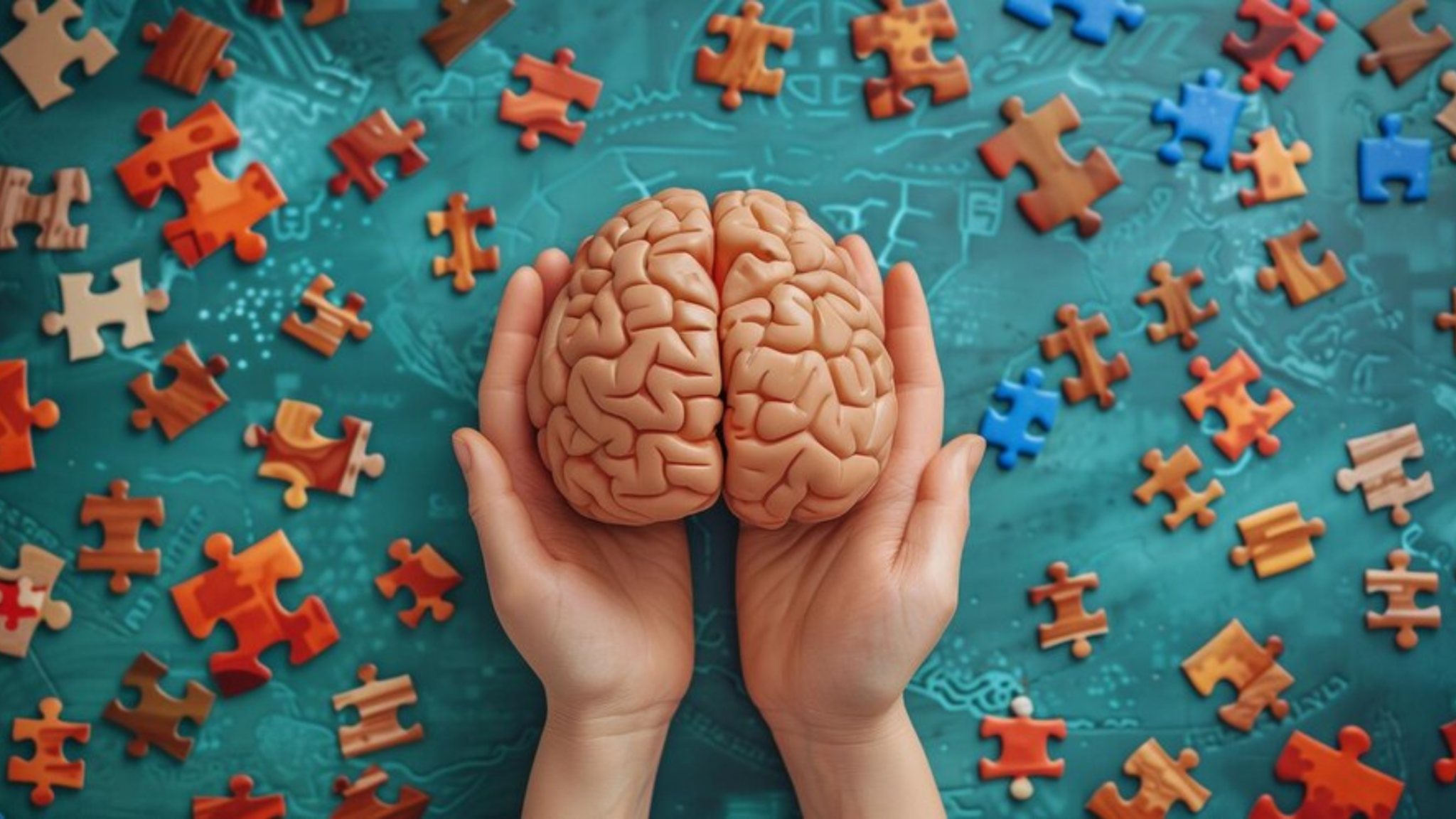Attention Deficit Hyperactivity Disorder (ADHD) is a neurodevelopmental condition characterized by persistent patterns of inattention, hyperactivity, and impulsivity. While widely associated with childhood, ADHD impacts individuals across their lifespan, significantly influencing functioning and well-being. Recent research is shifting our understanding of ADHD, highlighting its persistence into adulthood, evolving challenges, and the complexities of diagnosis and treatment.
The Shifting Landscape of ADHD
- Beyond Just Kids: For many years, ADHD was considered primarily a childhood disorder. Now, there’s compelling evidence that ADHD symptoms continue into adulthood in a high percentage of individuals.
- Challenges for Adults: Adult ADHD manifests differently than in childhood. Hyperactivity may lessen, but internal restlessness remains. Adults with ADHD may face struggles with time management, organization, emotional regulation, job stability, and relationships.
- The Impact of Late Diagnosis: Those without an ADHD diagnosis until adulthood often face years of unaddressed difficulties. This can lead to low self-esteem, anxiety, depression, and underachieving despite potential.
The Complexities of ADHD Diagnosis
- No Single Test: There’s no definitive blood test or brain scan for ADHD. Diagnosis relies on a comprehensive evaluation by a qualified mental health professional, involving:
- Detailed History: Assessing childhood development, school performance, and patterns of inattention and impulsivity.
- Clinical Interviews: Exploring current life challenges, behavior, and potential for other mental health conditions that might mimic ADHD symptoms.
- Rating Scales and Questionnaires: Standardized tools aid in gauging the severity of ADHD traits.
- Overlapping Conditions: ADHD frequently co-occurs with anxiety, depression, learning disabilities, and substance use disorders, complicating both diagnosis and treatment.
Treatment Approaches for ADHD
ADHD treatment often involves a multimodal approach, tailored to the individual’s specific needs and circumstances. Key treatment components may include:
- Medication: Stimulants are the most common medications for ADHD, improving focus and reducing impulsivity. Non-stimulant medications are also available, especially regarding potential side effects or co-existing conditions.
- Therapy: Various therapies are beneficial:
- Cognitive Behavioral Therapy (CBT): Helps identify and reframe negative thought patterns, develops coping skills, and improves problem-solving.
- Skills Training: Focuses on organizational strategies, time management, and practical solutions for daily life challenges.
- Psychoeducation: Provides a deeper understanding of ADHD and its impact on an individual’s life.
- Lifestyle Adjustments:
- Adequate Sleep: Essential for managing ADHD symptoms.
- Regular Exercise: Can improve focus and decrease restlessness.
- Healthy Diet: Some research suggests specific dietary changes may be helpful.
- Support Systems: Family, partners, and support groups offer understanding, encouragement, and practical assistance.
Finding the Right ADHD Treatment
- Collaboration is Key: A collaborative relationship between patient and healthcare provider is critical for developing an effective treatment plan.
- Trial and Error: Finding the right medication and dosage may involve some experimentation under a doctor’s guidance.
- Don’t Give Up: It may take time to find the optimal combination of treatment strategies for your unique needs.
The Importance of Addressing ADHD
Left untreated, ADHD can significantly hinder life trajectories:
- Relationship difficulties: Impulsivity and emotional dysregulation can strain relationships with partners, family, and friends.
- Occupational Challenges: Disorganization and difficulty with deadlines can impact job performance and career advancement.
- Decreased Self-Esteem: Chronic struggles with ADHD erode self-confidence and increase vulnerability to negative self-beliefs.
- Higher Risk of Certain Conditions: ADHD is associated with increased risk for anxiety, depression, substance use disorders, and accidents.
Changing the Narrative of ADHD
- Understanding Strengths: Emphasizing the positive traits associated with ADHD, such as creativity, hyperfocus (for some), and high energy levels fosters a balanced perspective.
- Reducing Stigma: Open conversations and increased awareness combat stigma and encourage individuals to seek the support they need.
- Advocacy: Supporting ADHD organizations and research initiatives helps promote better understanding, diagnosis, and treatment options.
Conclusion
ADHD is a complex condition that extends beyond childhood. With appropriate diagnosis, treatment, and support, individuals with ADHD can thrive. If you or a loved one suspects ADHD, seeking professional evaluation is the crucial first step towards increased self-understanding, management of challenges, and maximizing potential.
Disclaimer: The information provided in this blog post is for educational purposes only and should not be considered a substitute for professional medical advice. Always consult with a qualified healthcare provider before starting any new health or supplement regimen.

